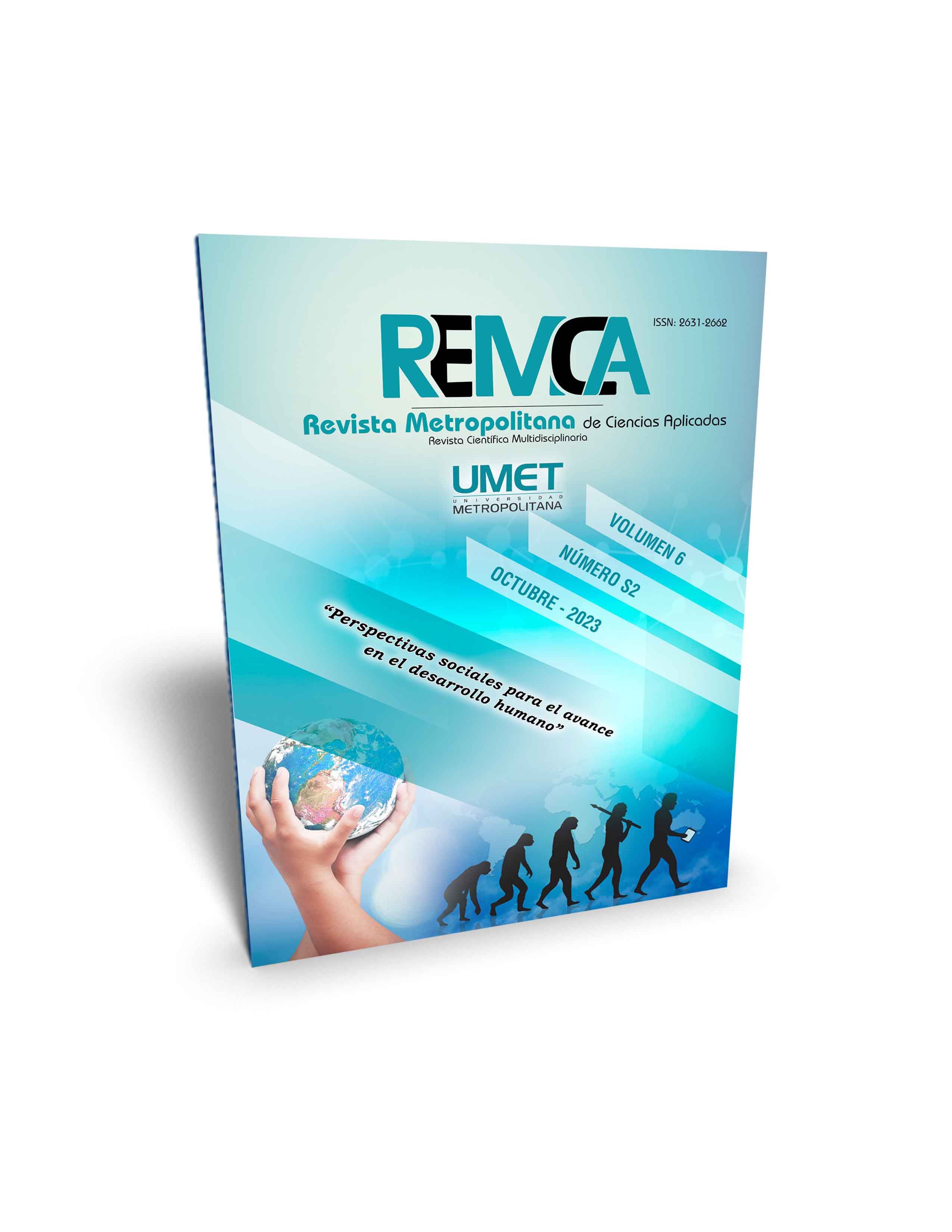The evaluation of the testimonial evidence: interrogation, counter-examination
DOI:
https://doi.org/10.62452/xr09gj90Keywords:
Witness, testimony, interrogation, cross-examination, assessmentAbstract
This scientific article is carried out applying a qualitative research approach, with methods such as inductive and bibliographic review. Studying legal categories such as the witness, from their abilities and skills as a person and their leading role in the process, the types of witnesses that exist, false testimony or perjury, and some advice on how the testimony should be, explaining the difference that exist between the right to silence in criminal and civil matters. In this way, the central part of the article is addressed with definitions of interrogation and cross-examination, types of questions that can be asked, as well as those that cannot be asked, to end with the methods of evaluating the evidence. Concentrating on whether there may be an inclination or manipulation of the testimony by the judge favoring any of the parties.
Downloads
References
Cabanellas, G. (1993). Diccionario Jurídico Elemental. Editorial Hestastia.
De La Rúa, F. (1991). Teoría General del Proceso. Editorial Advocatus.
Devis Echandía, H. (1999). Teoría General de la Prueba Judicial, tomo I. Editorial Dike.
Ecuador. Asamblea Nacional Constituyente. (2008). Constitución de la República del Ecuador. Registro Oficial 449. https://www.oas.org/juridico/pdfs/mesicic4_ecu_const.pdf
Ecuador. Asamblea Nacional. (2014). Código Orgánico Integral Penal. Registro Oficial 180. https://www.defensa.gob.ec/wpcontent/uploads/downloads/2021/03/COIP_act_feb-2021.pdf
Ecuador. Asamblea Nacional. (2015). Código Orgánico General de Procesos. Registro Oficial. Registro Oficial 506. https://www.ambiente.gob.ec/wp-content/uploads/downloads/2016/10/Codigo-Organico-General-de-Procesos.pdf
Fricker, M. (1995). Epistemic Injustice. Power and the Ethics of Knowing. Editorial Oxford.
Heidegger, M. (2005). ¿Qué significa pensar? Editorial Trotta.
Manzanero, A. (1991). Valoración de capacidades para testificar. Editorial Dykinson.
Quiroz, W. (2013). El interrogatorio y el contrainterrogatorio en el nuevo Código Procesal Penal. Editorial Gaceta Jurídica.
Reíd, T. (1764). An inquiry into the human mind on the principles of common sense. Edinburgh University Press.
Downloads
Published
Issue
Section
License
Copyright (c) 2023 Juan Andrés Jacobo-Gómez, Ana Cristina Pachano-Zurita (Autor/a)

This work is licensed under a Creative Commons Attribution-NonCommercial-ShareAlike 4.0 International License.
Authors who publish in Revista Metropolitana de Ciencias Aplicadas (REMCA), agree to the following terms:
1. Copyright
Authors retain unrestricted copyright to their work. Authors grant the journal the right of first publication. To this end, they assign the journal non-exclusive exploitation rights (reproduction, distribution, public communication, and transformation). Authors may enter into additional agreements for the non-exclusive distribution of the version of the work published in the journal, provided that acknowledgment of its initial publication in this journal is given.
© The authors.
2. License
The articles are published in the journal under the Creative Commons Attribution-NonCommercial-ShareAlike 4.0 International License (CC BY-NC-SA 4.0). The terms can be found at: https://creativecommons.org/licenses/by-nc-sa/4.0/deed.en
This license allows:
- Sharing: Copying and redistributing the material in any medium or format.
- Adapting: Remixing, transforming, and building upon the material.
Under the following terms:
- Attribution: You must give appropriate credit, provide a link to the license, and indicate if any changes were made. You may do this in any reasonable manner, but not in any way that suggests the licensor endorses or sponsors your use.
- NonCommercial: You may not use the material for commercial purposes.
- ShareAlike: If you remix, transform, or build upon the material, you must distribute your creation under the same license as the original work.
There are no additional restrictions. You may not apply legal terms or technological measures that legally restrict others from doing anything the license permits.




